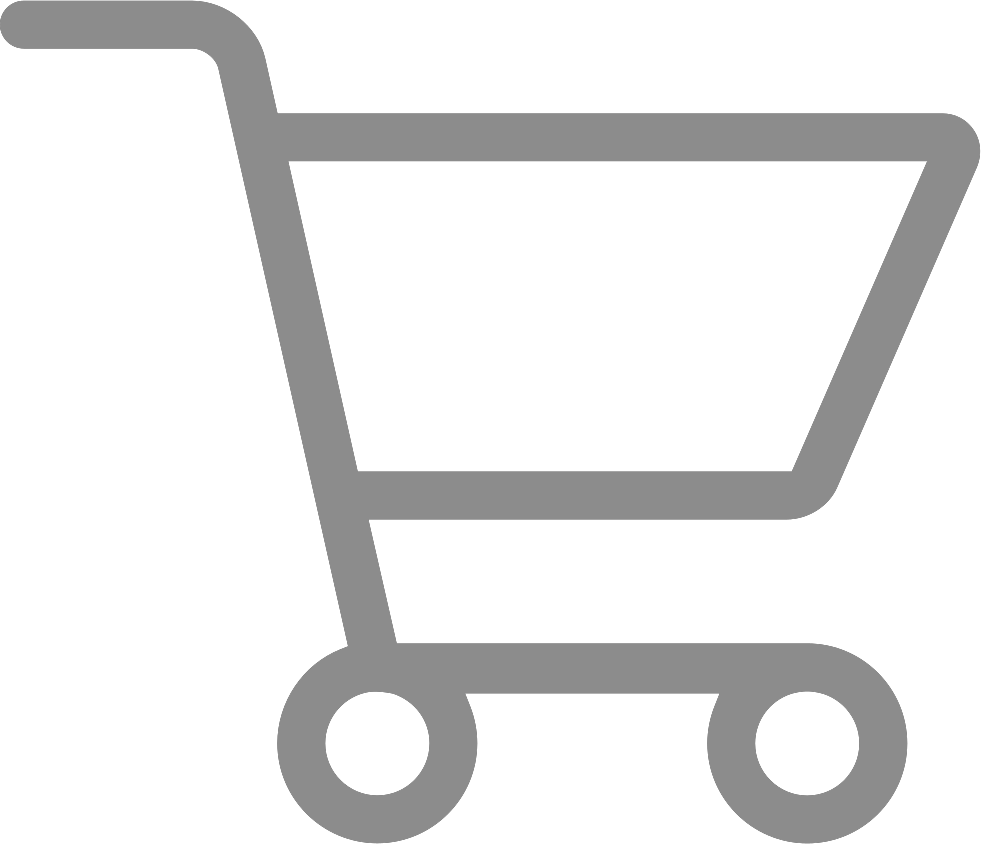There are two types of sleep apnea:
- Obstructive sleep apnea: the most common form of apnea, this is caused when the soft tissue in the back of the throat collapses and causes a blockage in the airway during sleep.
- Central sleep apnea: In this instance, the airway is not clocked but the brain fails to let the muscles know that it’s time to breathe.
Sleep apnea can lead to high blood pressure, heart failure, diabetes and depression while also affecting performance at work and everyday activities such as driving.
Increased risk factors include:
- Male gender
- Obesity (BMI>30)
- Diagnosis of hypertension
- Excessive use of alcohol or sedatives
- Smoking
- Upper respiratory abnormalities
- Genetics
- Large neck circumference
- Endocrine and metabolic disorders
How can I manage it?
There are many devices available which can help to manage and monitor sleep apnea. Oral appliances such as fitted gum shields can be obtained by speaking to your dentist, who will evaluate your jaw and throat to find the best fit for you. Your doctor may recommend a pillar procedure which stiffens the soft palate, decreasing its flutter and stabilising the airway, or somnoplasty which is a minimally invasive surgical procedure using radiofrequency current to reduce tissue volume in a targeted way. If you are unsure whether you have sleep apnea, one of the most effective ways to find out is to use a sleep tracker or sleep monitoring system. This allows you to collect data on the quality and quantity of your sleep so that you can discover whether you are waking up regularly or even not breathing.
If you would like to find out more about how the REM-Fit sleep monitoring technology can help you to get a better night’s rest, please get in touch with our experienced, knowledgeable staff by calling 020 8731 0020 or email us via sales@rem-fit.co.uk.
Don’t forget, you can stay updated by liking our Facebook page.




